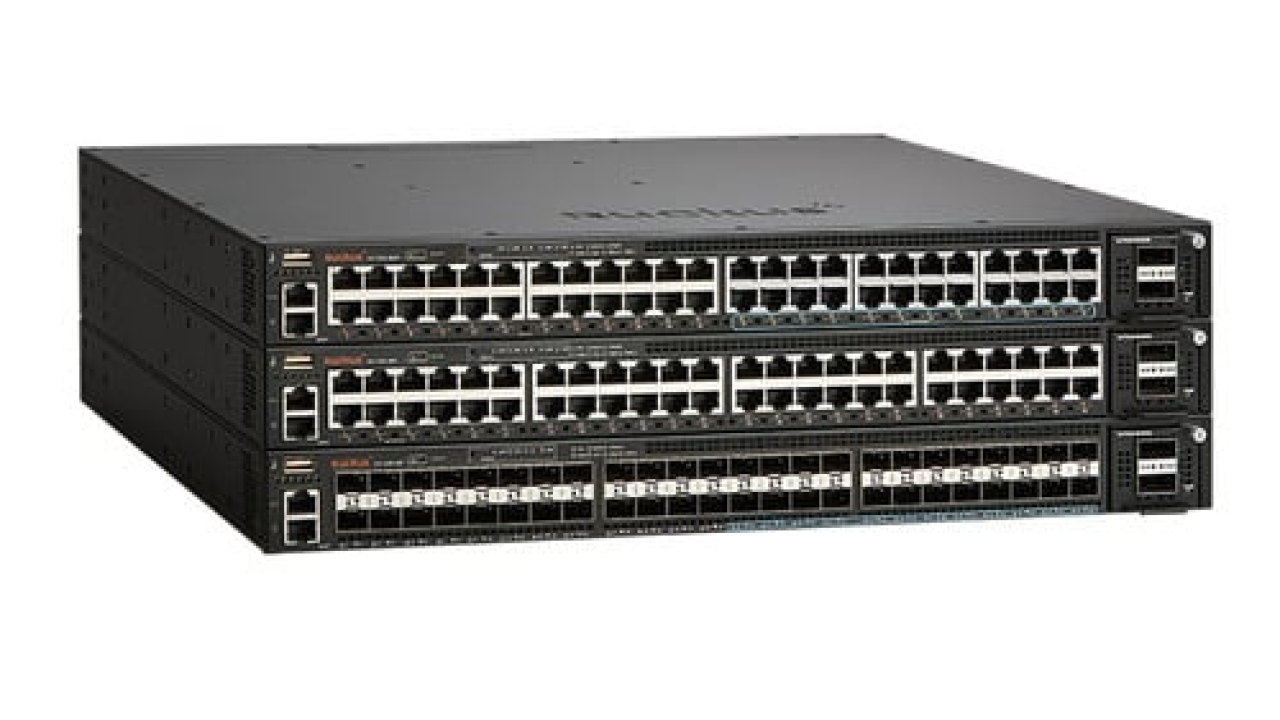New blog posts
Warum GoodWe in Leipzig die Vorreiterrolle für erneuerbare Energien einnimmt
14 September, 2024 by Evionyx Solar
Die Zukunft der Energiegewinnung ist grün,...

Find Old Tractors at Affordable Rates to Enhance Your Farm’s Productivity
13 September, 2024 by tractor factory
Are you a farmer looking to boost your...

Find Old Tractors at Affordable Rates to Enhance Your Farm’s Productivity
13 September, 2024 by tractor factory
Are you a farmer looking to boost your...
Web Directory
Next-Generation Ethernet: Advancing Network Performance and Connectivity
Posted on 14 August, 2024 by RUCKUS Networks

Ethernet, the dominant networking technology for local area networks (LANs), continues to evolve to meet the demands of modern applications and increasing data traffic. Next-generation Ethernet represents a significant leap forward, offering improved speed, efficiency, and capabilities to support emerging technologies. This article explores the advancements in next-generation Ethernet and their impact on network performance and connectivity.
What is Next-Generation Ethernet?
Next generation ethernet refers to the latest advancements in Ethernet technology, designed to provide higher speeds, greater efficiency, and enhanced functionality compared to previous generations. It includes various standards and innovations that address the growing demands of data-intensive applications, cloud computing, and high-speed networking.
Key Advancements in Next-Generation Ethernet
Increased Speed and Bandwidth
One of the most significant advancements in next-generation Ethernet is the increase in speed and bandwidth. New Ethernet standards, such as 10 Gigabit Ethernet (10GbE), 25 Gigabit Ethernet (25GbE), 40 Gigabit Ethernet (40GbE), 100 Gigabit Ethernet (100GbE), and even 400 Gigabit Ethernet (400GbE), offer substantial improvements over earlier versions. These higher speeds support faster data transfer rates and enable more efficient handling of large volumes of data, making them ideal for data centers, high-performance computing, and large-scale enterprise networks.
Enhanced Network Efficiency
Next-generation Ethernet incorporates advanced technologies to improve network efficiency. Techniques such as Ethernet Flow Control (EFC) and Precision Time Protocol (PTP) help manage network traffic more effectively and ensure precise synchronization of network devices. These improvements reduce latency, minimize packet loss, and enhance overall network performance.
Low-Latency Networking
As applications become more latency-sensitive, next-generation Ethernet addresses the need for low-latency networking. Enhanced Ethernet standards and protocols reduce the time it takes for data to travel between devices, supporting real-time applications such as video streaming, online gaming, and financial transactions that require minimal delay.
Improved Power Efficiency
Power consumption is a critical consideration for modern network infrastructure. Next-generation Ethernet standards focus on improving power efficiency through features such as Energy Efficient Ethernet (EEE). EEE reduces power consumption during periods of low network activity, helping to lower operational costs and support environmentally sustainable practices.
Higher Port Density
New Ethernet technologies offer higher port density, allowing more devices to be connected to a single switch or router. This capability is particularly beneficial for data centers and enterprise networks, where space and scalability are essential. Higher port density enables more efficient use of network equipment and reduces the need for additional hardware.
Advanced Security Features
Security is a top priority in next-generation Ethernet. Enhanced Ethernet standards include advanced security features such as secure VLANs (Virtual Local Area Networks) and improved encryption methods to protect data integrity and confidentiality. These features help safeguard against cyber threats and ensure the security of sensitive information transmitted across the network.
Applications and Benefits
Data Centers
Next-generation Ethernet is crucial for data centers, which require high-speed connectivity and efficient data handling. Upgraded Ethernet standards support the growing demands for bandwidth and low-latency communication, enabling data centers to handle large-scale data processing and storage needs effectively.
Cloud Computing
Cloud computing relies on fast and reliable network connections to deliver services and applications to users. Next-generation Ethernet supports the high-speed data transfer and low-latency requirements of cloud environments, enhancing the performance and scalability of cloud-based solutions.
Enterprise Networks
Modern enterprises benefit from the increased speed and efficiency of next-generation Ethernet. Enhanced network performance supports critical business applications, improves collaboration, and enables seamless connectivity between offices and remote locations.
High-Performance Computing
High-performance computing (HPC) applications, such as scientific research and simulation, demand fast and reliable network connections. Next-generation Ethernet provides the speed and bandwidth needed to support HPC workloads and facilitate complex computations.
Conclusion
Next-generation Ethernet represents a significant advancement in networking technology, offering higher speeds, improved efficiency, and enhanced capabilities to meet the demands of modern applications and data traffic. By adopting these advanced Ethernet standards, organizations can achieve better network performance, support emerging technologies, and ensure reliable connectivity for a wide range of applications. As Ethernet technology continues to evolve, next-generation Ethernet will play a crucial role in shaping the future of network infrastructure and connectivity.
For more info. visit us:
https://latestsms.in/funny-good-morning-sms.htm
24 July, 2024
https://www.cargoes.com/rostering-system
23 November, 2022
https://www.cargoes.com/rostering-system
92461 Views
http://aptrondelhi.in/
26512 Views
http://ronghovn.com/
25 September, 2019
http://avision.co.in/
19 September, 2020